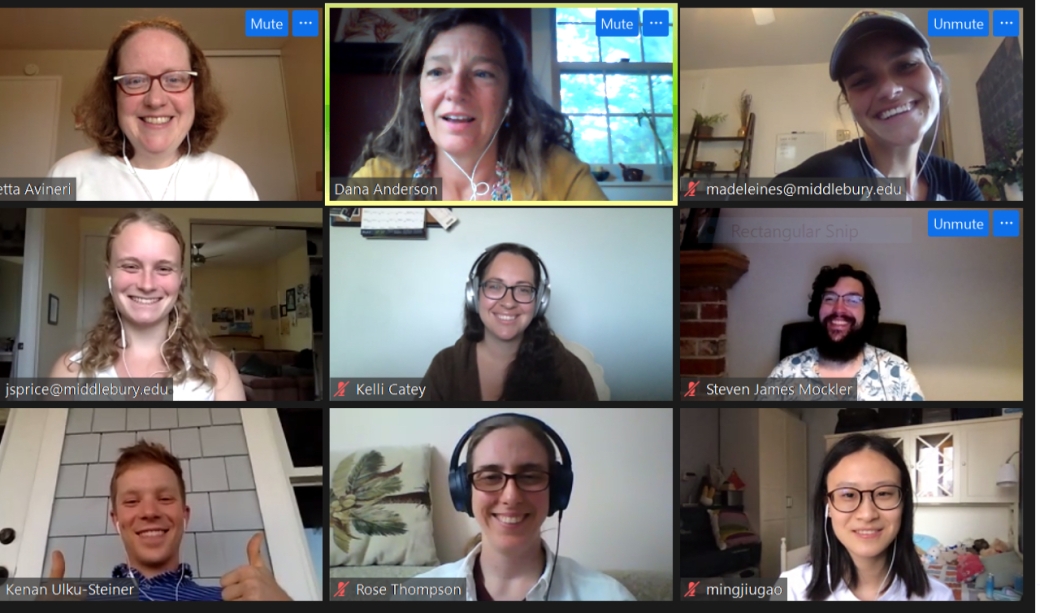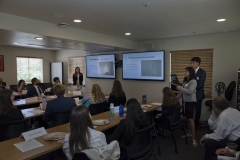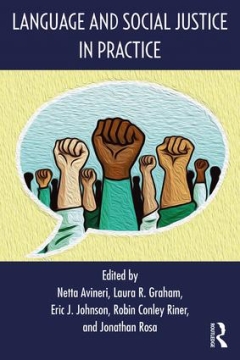Connecting Students to Social Change through Global Internships
| by Eva Gudbergsdottir
Six Middlebury Institute graduate students partnered this summer with undergraduate students from Middlebury College in the Middlebury Social Impact Corps, working with organizations in Peru, Monterey, and The Bahamas.



